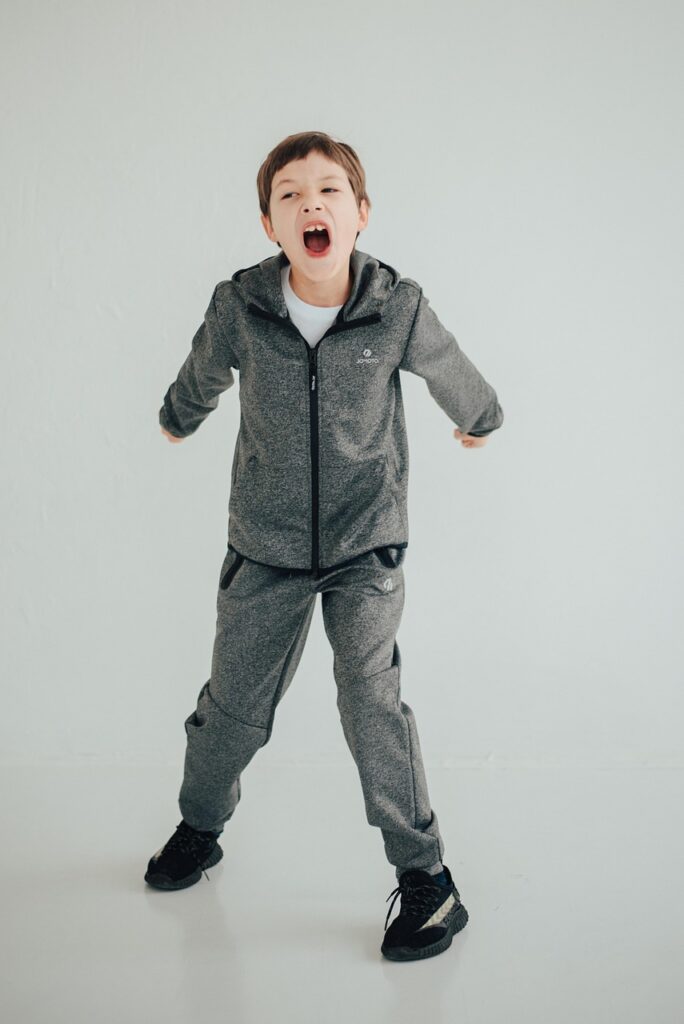How do I know if my child needs help?

Anger & outbursts
Children and teens might seem angry, defiant, or easily annoyed, but there’s usually more going on than just anger. Arguments can happen frequently, sometimes over small things, and they may deliberately fight back against rules, expectations, or requests. It’s not just typical teenage rebellion — their reactions are more intense, more persistent, and harder to redirect.
Underneath the attitude, many teens and children are actually dealing with deeper feelings like frustration, insecurity, or feeling misunderstood. They may struggle with impulse control, have trouble managing strong emotions, or feel like respect is a one-way street they’re not part of. Relationships with parents, teachers, and even friends can get strained, leading to a cycle of conflict that’s exhausting for everyone.

Depression
Depression can change how a teen thinks, feels, and acts. It often shows up as a constant sense of emptiness, irritability, or frustration, even over small things. A depressed teen might lose interest in things they used to love, pull away from friends and family, or seem unusually tired or unmotivated. Schoolwork can suffer, energy drops, and sometimes even basic routines like eating, sleeping, or getting out of bed feel overwhelming.
Unlike adults, teens with depression might not always say they’re “sad” — instead, it can come out as anger, risk-taking, reckless behavior, or just shutting down. They might seem “lazy” or “moody” on the outside, but inside, they’re often battling thoughts of worthlessness, hopelessness, or feeling like they don’t belong.

Anxiety
Anxiety becomes a concerns when it starts to feel overwhelming, constant, or out of control. Anxiety in teens can show up as racing thoughts, trouble concentrating, feeling restless, or always expecting the worst. It can also cause physical symptoms like headaches, stomachaches, trouble sleeping, or feeling like they can’t catch their breath. it can get in the way of socializing, doing schoolwork, spending time with family, and cause trouble focusing.
Some teens hide their anxiety really well, while others might seem overly perfectionistic, avoidant, withdrawn, or even angry. They aren’t being “dramatic” — their brain is reacting as if there’s a real threat, even when everything looks fine on the outside.